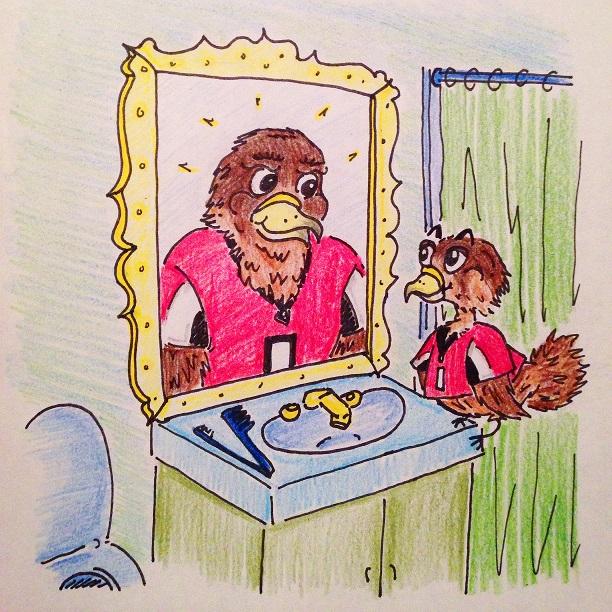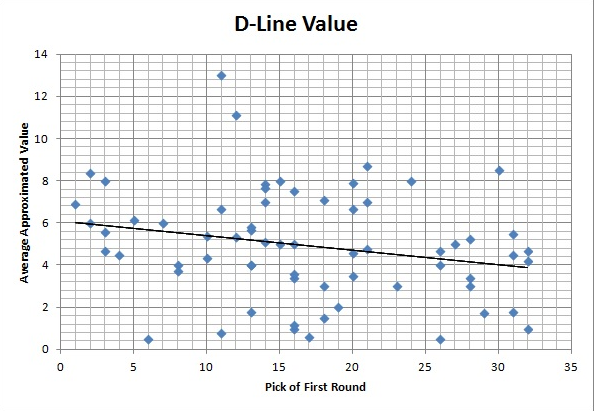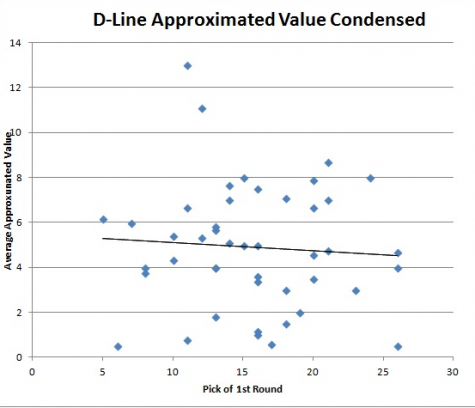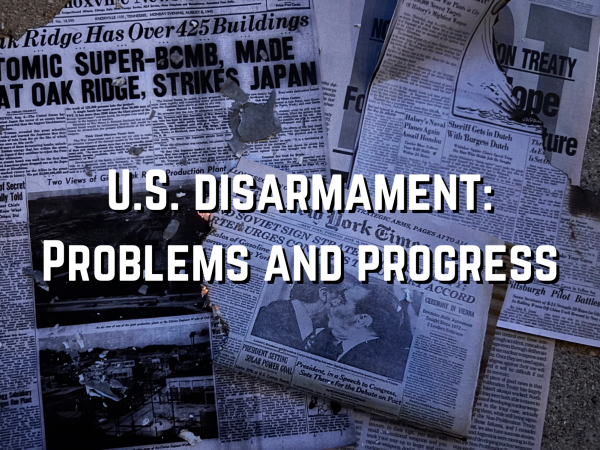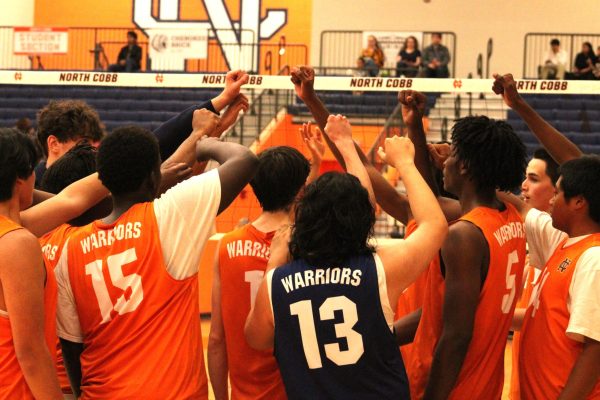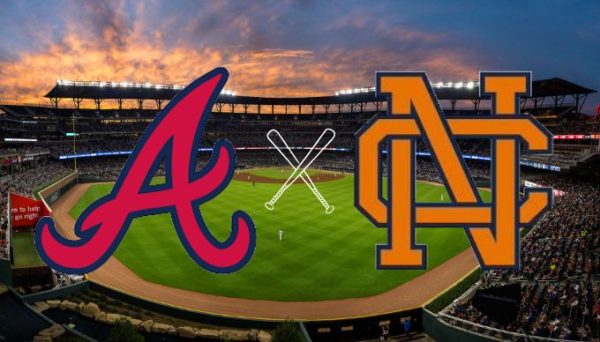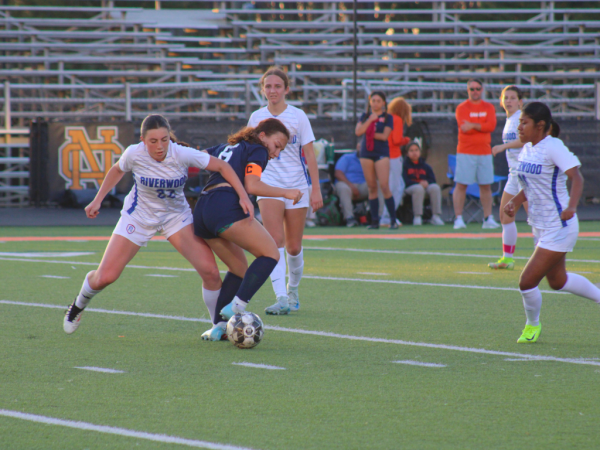Guest sports commentator Spencer Maddox forecasts Falcons’ foggy outlook, offers tips for rebuilding
The Falcons are more like tiny baby birds, but with these strategic moves, they could earn their plume and become the majestic birds they claim to be.
The 34-3 pummeling the Falcons received against the Panthers knocked the birds out of the playoffs and ended an era. Both Matt Ryan and Mike Smith joined the Falcons in 2008 and won together. From 2008-2012 the Falcons posted five straight winning seasons and made the playoffs four times, yet only ended up with one playoff win. These past two years reflects a different story: back-to-back losing seasons and poor clock management cost Mike Smith his job. A new era awaits the Falcons. The new coach, whomever it may be, and the GM Thomas Dimitroff ( if he’s still around) have a tall task at hand.
Falcons fans, however, should not expect immediate success with this new coach. According to Neil Paine, FiveThirtyEight.com author, “it’s tough to quantify the real benefits of [a coaching change] —if any exist.” To Paine, any small change in wins is more likely a regression to the mean rather than the new coach’s success. Faithful Falcons fans can hope that the next head coach won’t turn in to the debacle of the 2003-2007 seasons, in which the Falcons cycled through four different head coaches.
Financially, the Falcons can splash some money around. According to overthecap.com, the Falcons will have about $25 million in cap space next season. Some of that will go to attempting to keep free agents Kroy Bierman, Sean Weatherspoon, Matt Bryant, and possibly Osi Umenyiora, Jacquizz Rodgers, and four backup offensive tackles.
The Falcons need a pass catching TE and if the price is right, could sign Charles Clay or Owen Daniels. Injuries plagued the offensive line for the second year in a row, so hopefully they will be healthy next year. The Falcons still could sign another offensive tackle like Bryan Bulaga and Joe Barksdale or Clint Boling.
While the Falcons seek minor upgrades at TE and O-line, they need a totally revamped defense. It starts at the defensive line: the Falcons ranked last with an average of 279.9 passing yards allowed per game. The Falcons need a pass rush that pressures the quarterback.
With a pass rush, opposing quarterbacks will have less time to pick apart the secondary. The most attractive free agent is the prolific pass rusher Jason Pierre Paul, but I doubt the Giants would let him go. If the Detroit Lions decide to part ways with defensive tackle Ndamukong Suh, the Falcons could see themselves pursuing him. Falcons owner Arthur Blank wants a tough, nasty, and sometimes dirty player. But most likely the Falcons will seek defensive upgrades in the draft.
The Falcons possess 8th overall pick. If they had beaten Carolina, they would have the 21st. Was there an upside to lose? In the playoffs, The Falcons may have beaten Arizona, but without divine intervention they could not have defeated Seattle or Green Bay. So is the quality of defensive linemen any better at 8th than 21st?
Instead of looking at anecdotal evidence (the Patriots drafted star Vince Wilfork at 21st in 2004 while the Falcons drafted the bust Jamaal Anderson at 8th in 2007), I will attempt to quantify each player’s individual success. From 2004-2008, 65 defensive linemen were drafted in the first round. Because football is a team sport, it is difficult to quantify an individual’s success. Approximate Value (AV)—a statistic similar to baseball’s WAR that hopes to measure an individual’s performance— and sacks were divided by the amount of seasons played.
The spot that the player was picked in the first round (from 1 to 32) was then plotted on the x-axis and average AV and sacks were plotted on the y-axis. This scatterplot gives us a good look at the data.
We can see that a negative correlation, albeit small, exists. The negative correlation means that as the picks get later in the round, the players on average have a lesser AV. This correlation, however, is weak registering a -.23275. Then I condensed the data to picks 6-26, because in reality, a consensus first-overall player will not fall too far in the draft, and vice versa; teams will not reach too much for a borderline first-rounder. When I condensed the data, even a smaller correlation is visible: -.09891.
So it seems that defensive linemen on average are not much better when drafted earlier rather than later. There seems to be little correlation for average sacks as well. For sacks I only looked at defensive ends (DE) because DEs are usually pass rushers while defensive tackles (DT) are run stoppers. Another small negative correlation existed: -.08348. So on average defensive ends drafted earlier are not that much better than defensive ends drafted later.
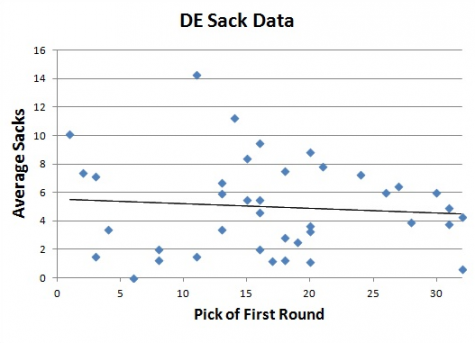 Spencer Maddox
Spencer Maddox
The Falcons are not much better off having the 8th pick, so what should they do? I suggest the Falcons should trade down in the draft, a concept foreign to Dimitroff.
They could swap first round picks with Cleveland, dropping down to 19 to get DE Arik Armstead. The Falcons, like the Braves, should rebuild toward their new stadium. The Falcons possess a star wide receiver in Julio Jones, and by some metrics a borderline elite QB in Matt Ryan.
The Falcons still have a few years out of Roddy White, and rookie running back Devonta Freeman showed some promise. They will probably not make a deep run in the playoffs next year, so why not rebuild for the future?
Your donation will support the student journalists of North Cobb High School. Your contribution will allow us to purchase equipment and cover our annual website hosting costs.

Oh, hey. Didn’t see you there. I’m Sophia Mackey. I’m new to The Chant. When I’m not plotting ways to destroy sexism, I’m drawing weird faces...



